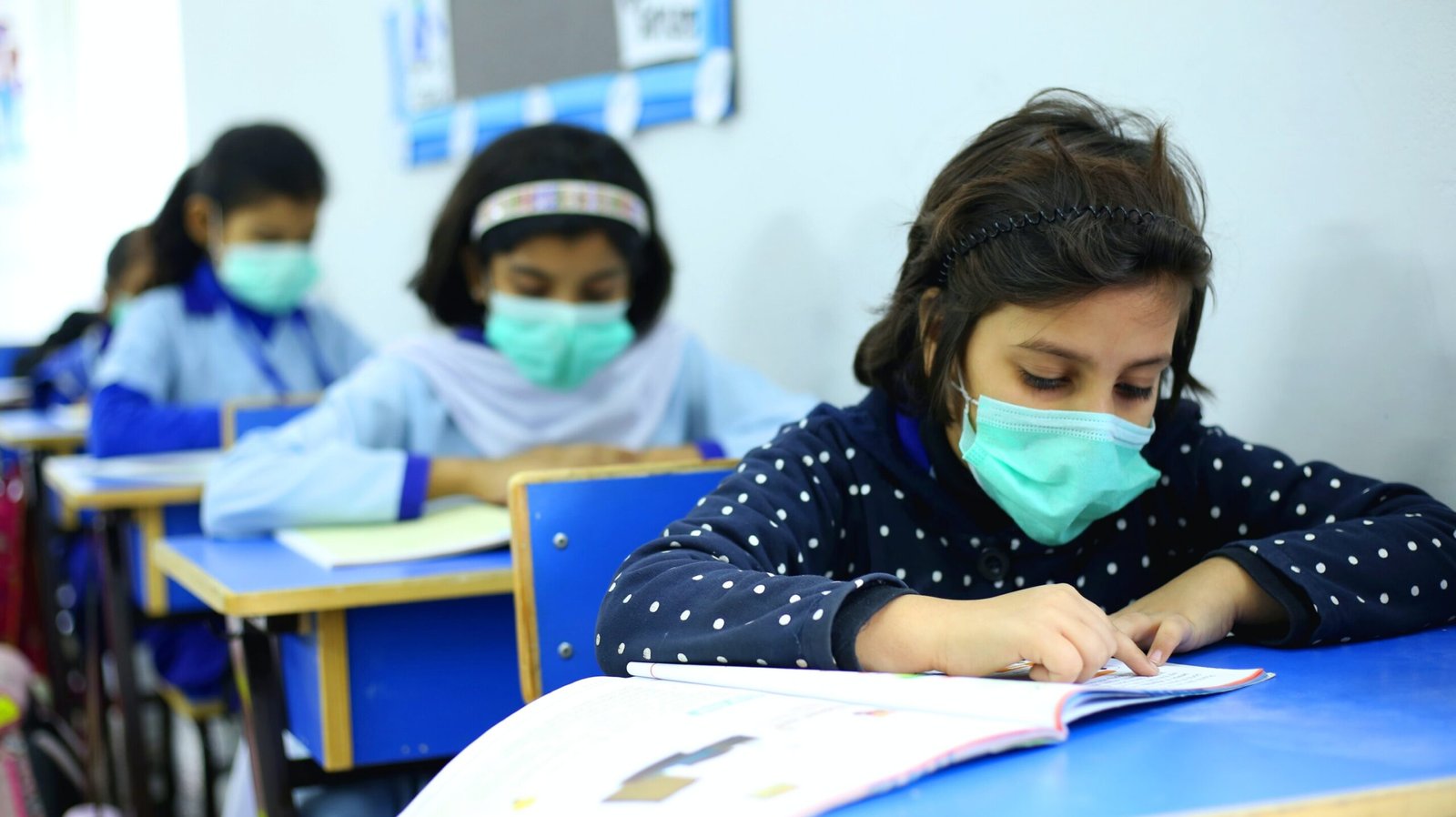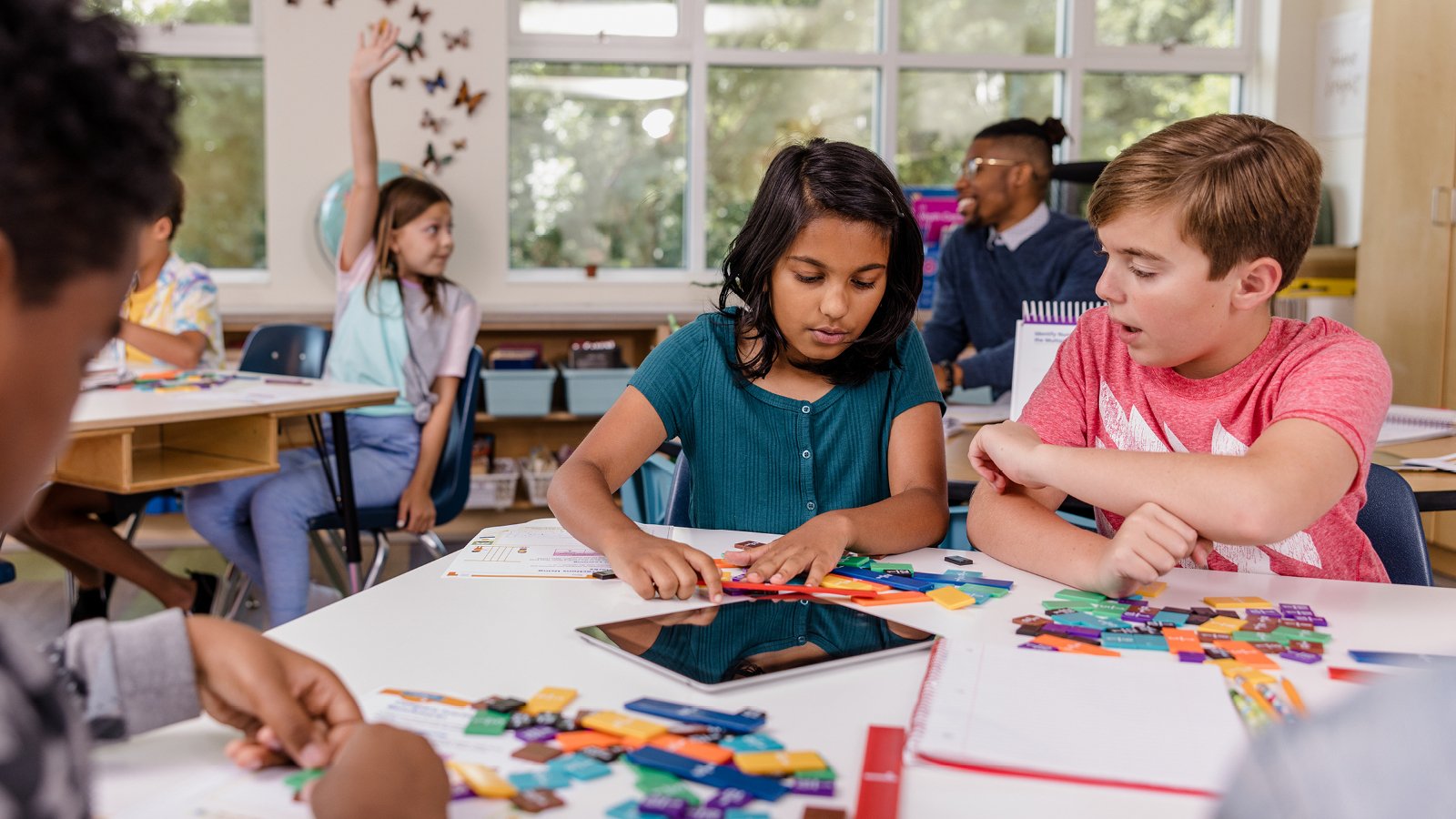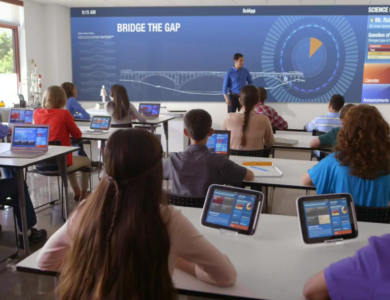
The School Education Department Punjab, stands as the cornerstone of educational excellence in Pakistan’s largest province. As the primary governing body responsible for overseeing educational policies, curriculum development, and institutional management, this department has been instrumental in shaping the academic landscape for millions of students across Punjab. With a commitment to providing quality education and fostering innovation in learning methodologies, the School Education Department, Punjab, continues to implement transformative initiatives that enhance educational outcomes and create opportunities for students from diverse backgrounds.
The department’s comprehensive approach encompasses everything from primary education to higher secondary levels, ensuring that students receive a well-rounded educational experience. Through strategic planning and progressive policies, the School Education Department of Punjab has established itself as a leader in educational reform within the region.
School Education Department, Punjab: Organisational Structure and Leadership
The organisational framework of the School Education Department Punjab, operates through a well-defined hierarchy that ensures efficient administration and implementation of educational policies. At the helm, the Secretary of School Education provides strategic direction, while district education officers oversee regional operations.
Key Administrative Divisions
The department functions through several specialised divisions, each focusing on specific aspects of educational management. The curriculum development wing works tirelessly to design age-appropriate learning materials that align with modern academic standards. Meanwhile, the teacher training division ensures that educators receive continuous professional development opportunities.
Quality assurance teams regularly monitor educational institutions to maintain standards across all schools under the department’s jurisdiction. This systematic approach has enabled the School Education Department, Punjab, to maintain consistency in educational delivery throughout the province.
Regional Implementation Strategy
District-level offices serve as crucial links between provincial policies and ground-level implementation. These regional centres adapt provincial guidelines to local contexts while ensuring that core educational objectives remain aligned with the department’s overall vision.
Educational Programs and Initiatives

The School Education Department Punjab has launched numerous innovative programs designed to address contemporary educational challenges and enhance learning outcomes for students across all levels.
Digital Learning Integration
Recognising the importance of technology in modern education, the department has prioritised digital literacy initiatives. Computer labs, smart classrooms, and online learning platforms have been integrated into the educational infrastructure, preparing students for the digital economy.
These technological advancements have revolutionised traditional teaching methods, making learning more interactive and engaging. Teachers receive specialised training to utilise digital tools in their instructional practices effectively.
Inclusive Education Programs
The department places strong emphasis on creating inclusive learning environments that accommodate students with diverse needs and backgrounds. Special education programs, scholarship initiatives, and support systems ensure that no child is left behind in their educational journey.
Gender equality remains a priority, with targeted programs encouraging female participation in education. These initiatives have significantly improved enrollment rates among girls in rural and urban areas alike.
Curriculum Development and Academic Standards
The School Education Department Punjab, maintains rigorous academic standards through continuous curriculum review and enhancement processes. Subject matter experts collaborate with international educational consultants to develop comprehensive learning frameworks.
Modern Curriculum Design
The current curriculum emphasises critical thinking, problem-solving, and practical application of knowledge. Science, technology, engineering, and mathematics (STEM) subjects receive particular attention, preparing students for future career opportunities in emerging fields.
Language development programs ensure that students achieve proficiency in Urdu, English, and regional languages, enhancing their communication skills and cultural understanding.
Assessment and Evaluation Systems
Comprehensive assessment mechanisms evaluate student progress through multiple parameters. Regular testing, project-based evaluations, and continuous assessment methods provide holistic views of student performance and learning outcomes.
Read More: Junior High School Education: Complete Guide to Middle School Success
Teacher Development and Training Programs

The success of any educational system depends heavily on the quality of its teaching workforce. The School Education Department, Punjab, invests significantly in teacher development through various professional enhancement programs.
Continuous Professional Development
Regular training workshops, seminars, and certification programs keep educators updated with the latest pedagogical approaches and subject matter developments. These initiatives ensure that teachers remain competent and confident in their instructional capabilities.
Mentorship programs pair experienced educators with new teachers, creating supportive learning environments that foster professional growth and knowledge sharing.
Performance Evaluation and Recognition
Merit-based evaluation systems recognise outstanding teaching performance and provide pathways for career advancement. This approach motivates educators to maintain high professional standards and continuously improve their instructional methods.
Infrastructure Development and School Facilities
The School Education Department of Punjab prioritises infrastructure development to create conducive learning environments. Modern school buildings, well-equipped laboratories, and comprehensive library facilities enhance the overall educational experience.
Construction and Renovation Projects
Ongoing construction projects aim to increase school capacity and improve existing facilities. These developments focus on creating safe, accessible, and technologically advanced learning spaces that meet contemporary educational requirements.
Rural area schools receive particular attention, with targeted infrastructure improvements designed to eliminate urban-rural educational disparities.
Safety and Security Measures
Comprehensive safety protocols ensure secure learning environments for students and staff. Emergency response systems, security personnel, and safety equipment installations demonstrate the department’s commitment to student welfare.
Challenges and Future Outlook
Despite significant achievements, the School Education Department Punjab, continues to address various challenges, including resource allocation, rural-urban disparities, and evolving educational demands.
Resource Management
Efficient utilisation of available resources remains a priority, with strategic planning ensuring optimal allocation across different educational programs and initiatives. Budget management focuses on maximising impact while maintaining cost-effectiveness.
Technology Integration Challenges
While digital integration has shown positive results, ensuring universal access to technology across all schools requires continued investment and strategic planning. The department works to bridge digital divides and ensure equitable access to technological resources.
Conclusion
The School Education Department, Punjab, continues to play a pivotal role in shaping the educational landscape of Pakistan’s largest province. Through innovative programs, dedicated leadership, and comprehensive planning, the department has established itself as a cornerstone of academic excellence.
As we move forward, the department’s commitment to quality education, teacher development, and student welfare remains unwavering. For parents, educators, and stakeholders interested in learning more about educational opportunities and initiatives, we encourage you to connect with your local School Education Department Punjab office or visit their official website for the latest updates and information.
Frequently Asked Questions
Q: What is the primary role of the School Education Department, Punjab?
A: The School Education Department of Punjab oversees educational policies, curriculum development, teacher training, and institutional management across all government schools in Punjab province.
Q: How can parents get information about school admissions in Punjab?
A: Parents can visit district education offices, check the official School Education Department Punjab website, or contact local schools directly for admission information and requirements.
Q: What programs does the department offer for teacher development?
A: The department provides continuous professional development workshops, certification programs, mentorship opportunities, and subject-specific training sessions for educators.
Q: How does the School Education Department, Punjab, ensure quality education?
A: Through regular monitoring, standardised curricula, teacher training programs, infrastructure development, and comprehensive assessment systems that maintain educational standards.
Q: What initiatives exist for students with special needs?
A: The department implements inclusive education programs, provides specialised support services, and creates accessible learning environments for students with diverse needs.



